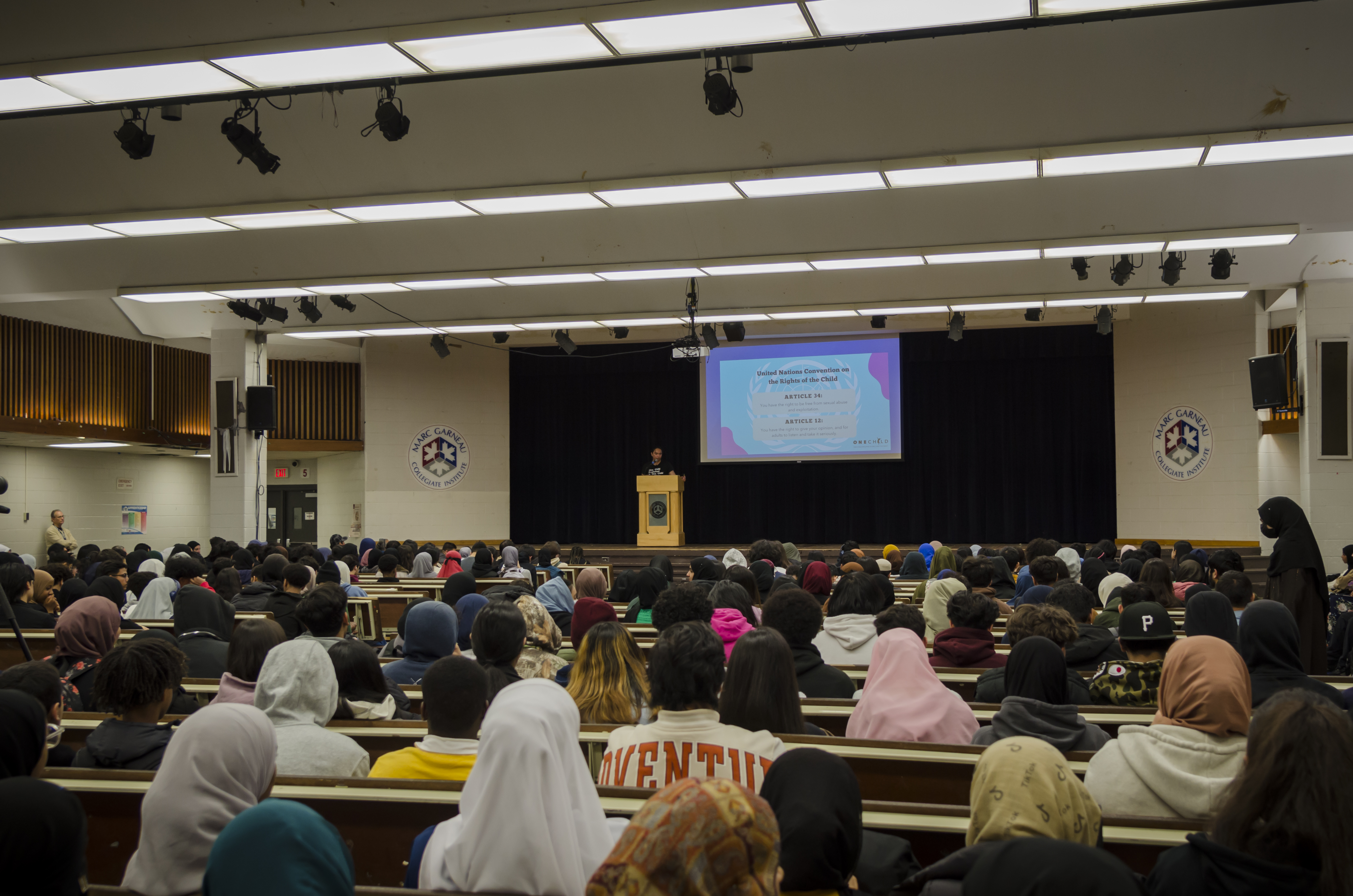
When the COVID-19 pandemic struck, OneChild — a youth-founded, youth-driven, Toronto-based charity focused on ending the sexual exploitation of children (SEC) — found itself at the epicentre of dual crises.
Not only were rates of online SEC skyrocketing as schools and community spaces shut down, but OneChild itself was struggling to keep up with unprecedented demand for its programs while pivoting to a virtual model.
Under the leadership of founder and president Cheryl Perera, the team at OneChild worked hard to adapt its programs — prevention education focused on empowering children to safeguard themselves and their peers, as well as advocacy, mobilization, survivor care, and survivor empowerment — to virtual spaces while facing the realities of revenue losses and staff shortages.
As restrictions eased, it became clear that OneChild would need to pivot its delivery model again in order to reach as many young people as possible and set itself up in a position of strength post-pandemic.
With funding support from the Community Services Recovery Fund (CSRF), granted through the United Way of Greater Toronto, it was able to do just that.
CSRF funding enabled OneChild to hire a programs manager, Madonna Cicconi, who oversaw the creation of a new hybrid delivery model for the organization’s education programming, known as Empowervention. Cicconi also spearheaded the redevelopment of OneChild’s Youth Advisory Squad (YAS), a group of young leaders trained as peer educators and agents of positive social change.
“The impact of this support has been huge,” says Cicconi. “Last year alone, our hybrid education programming reached over 18,000 students, educators, and community members in over 69 schools and in the community, and the feedback has been overwhelmingly positive.”
The YAS program, which is overseen by Cicconi and facilitated by youth coordinator Ida Alimoradi, has also experienced significant growth: the team has now increased the number of YAS members from 15 to 30 and has welcomed a more diverse group of youth, including survivors.
In addition to reaching more students and expanding YAS, OneChild was able to develop two-hour workshops for YAS members on topics like anti-oppression, social change and allyship, and gender-based violence, as well as produce a wide range of empowerment resources for students, such as videos, comic books, social media content, posters, downloadable toolkits, and more.
Cicconi says that not only have youth, educators, parents, and frontline workers alike told the OneChild team that their programming is effective and empowering, but young victims of SEC have come forward after listening to Empowervention presentations.
“After one presentation, a young girl walked up to OneChild’s youth coordinator and speaker, Chamuel Araya, with tears in her eyes and asked, ‘What am I supposed to do if I’m already in this situation?’ Chamuel was able to connect her with support. If we can impact just one child like her, then we’ve achieved our mission,” she shares.
Now positioned to continue reaching more young people across the Greater Toronto Area and well beyond the city’s borders, OneChild is focused on expanding its programming to younger children between the ages of nine and 11. The organization is also establishing partnerships with governments, local school boards, and community-based agencies and services to further deepen its reach and impact.
“The best way to protect children is actually to arm them with the information, to help them learn how to recognize when they’re being groomed and lured,” says Cicconi. “Our programs are designed to empower students and help them be change agents in their communities.”